

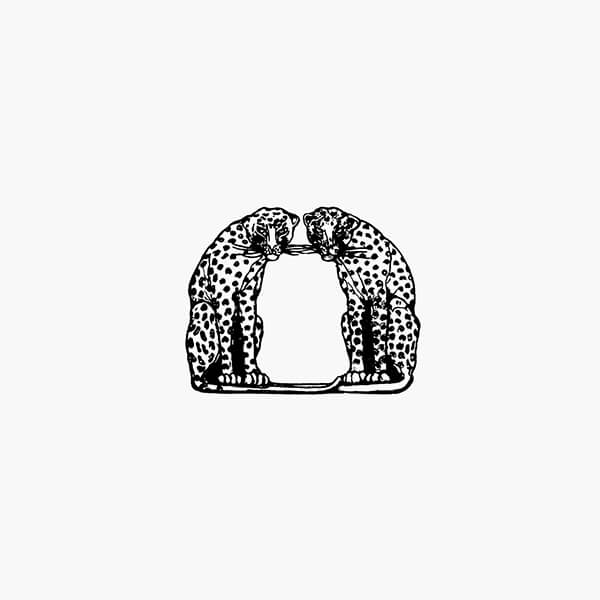
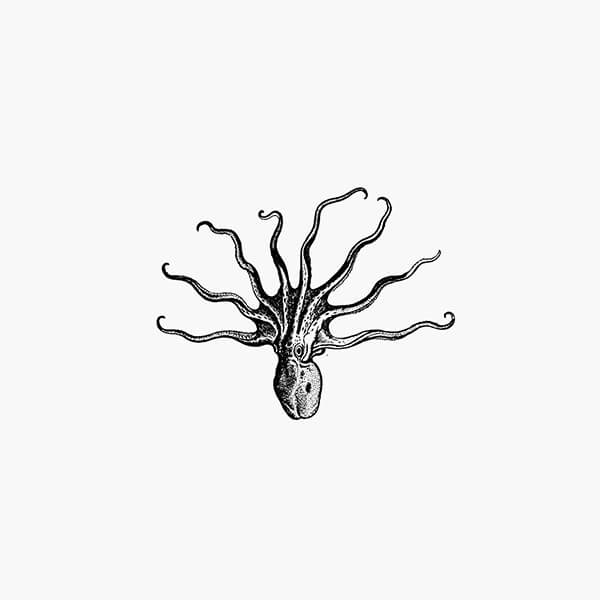

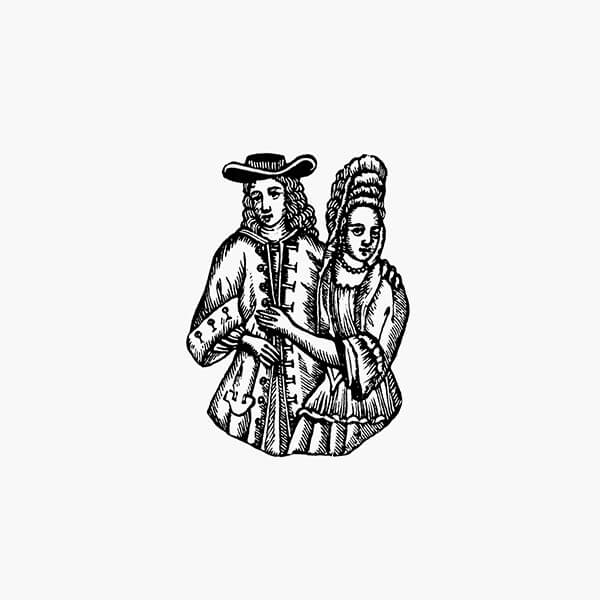

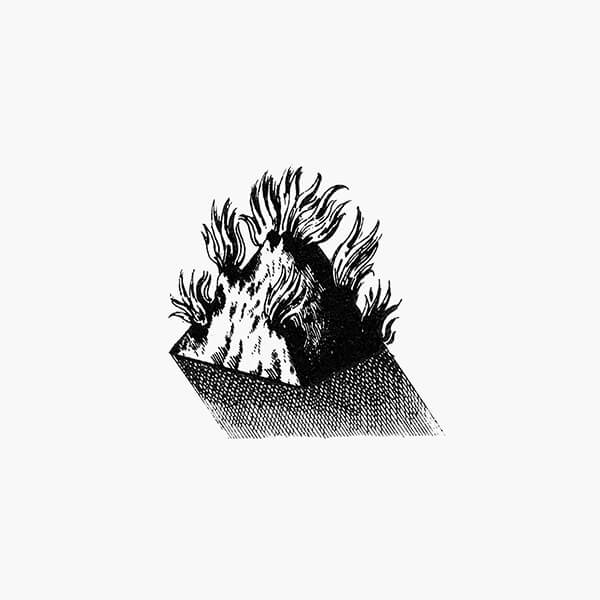

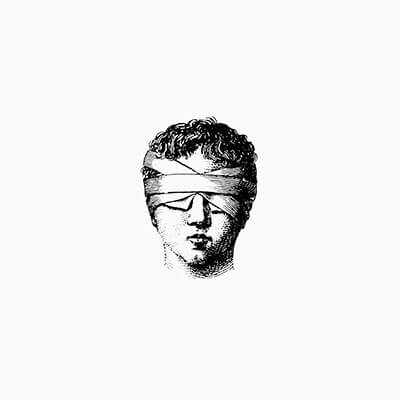





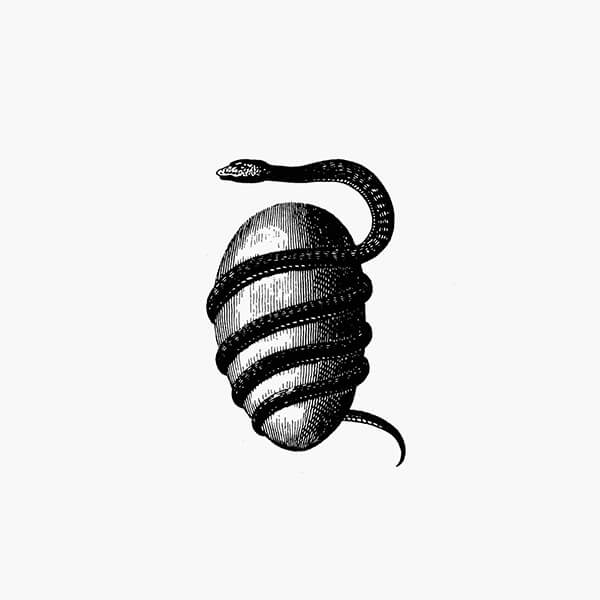






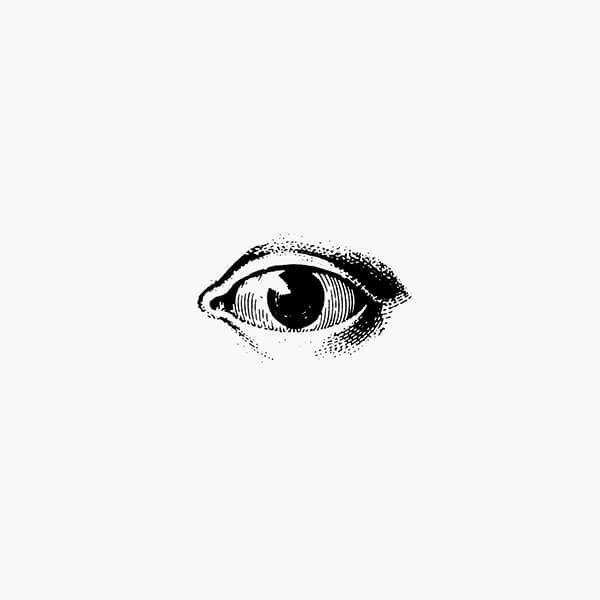





Signs of Man
2118 Ligabue
Cesare Zavattini. Texts by Cesare Zavattini, Mario De Micheli, Marino Mazzacurati
1967 / 172 PAGES
Amid the fog and crops of the Po valley, Antonio Ligabue lived a miserable life, secretly nurturing a surprising talent for painting. The story is told by another bizarre Po Valley spirit, Zavattini.
Along the Po, from Guastalla to Luzzara and Suzzara lie the countryside, the groves and floodplains where Antonio Ligabue hid in order to live for more than forty years. Born in Switzerland to a Friulian emigrant in 1899, he died in 1965 in Gualtieri. Luzzara, which for half the year is obscured by the mists that rise from the river and for another half sunken beneath the Po's windless heat, is also the birthplace of Cesare Zavattini, who wrote about Ligabue's long, surprising, passionate story, included in this volume. Ligabue was wrongly classified as a naïve painter: just think of one constant in the work of naïve painters: the lack of violence, the rapt suspended atmosphere; Ligabue, on the other hand, expresses in his canvases, and in particular in many self-portraits, the anguish, repugnance, and traumas that dominated his life and destiny.
The book contains a text by Zavattini, a critical essay by Mario De Micheli and a paper by Marino Mazzacurati, the first to have understood, in the 1930s, the talent of Ligabue the barrowman. He sought him out in a shed inside a clay quarry, and taught him some secrets of the trade.
Gli occhi di Ligabue li ritroviamo all'improvviso riconoscibili e scrutatori
in un cavallo o un pollo dei suoi quadri. Forse gli animali vedono le cose quali sono per questo tentava di trasformarsi in loro.
Cesare Zavattini
Cesare Zavattini